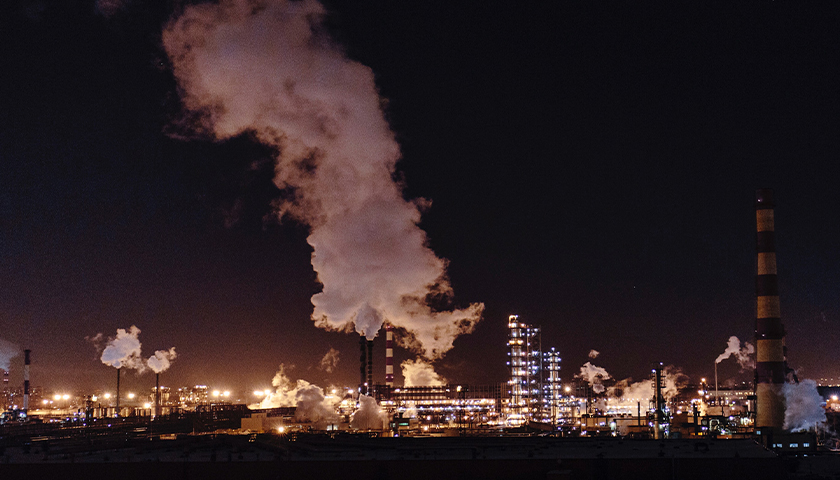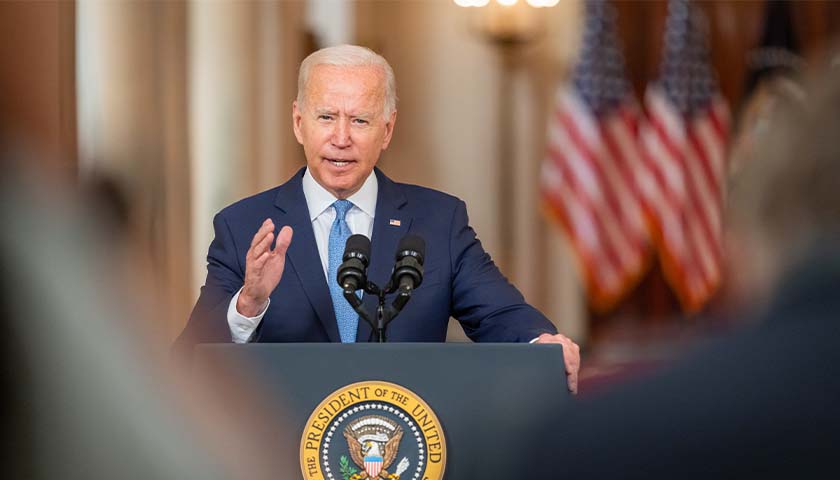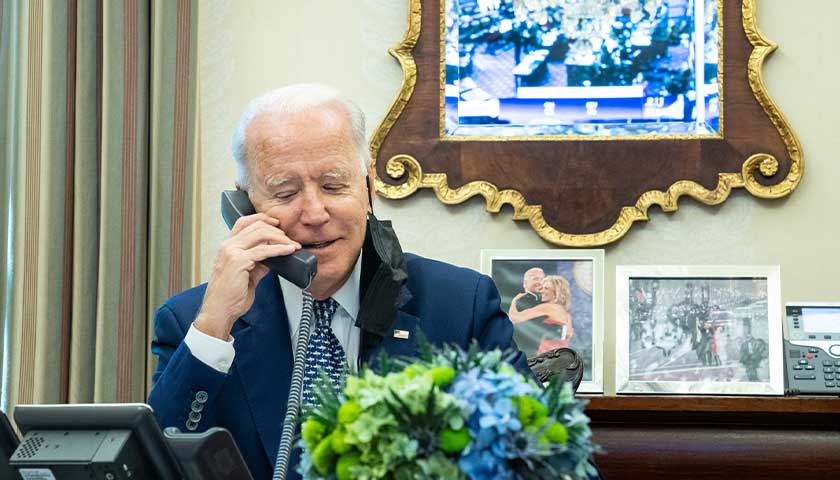Survivors of communism are concerned about America’s future as they see Marxism spreading in academia and Americans being too cowardly to speak out and stand up against the ideology.
Human Events and the Liberty Forum of Silicon Valley recently hosted “Paying The Price: Victims of Communism Panel,” in which five survivors of communist regimes shared their stories and warned about where America appears headed.
Tatiana Menaker, a refusenik who escaped from the Soviet Union after not being allowed to emigrate, said that when she attended San Francisco State University, she “found such brainwashing machine of Marxism, which I even didn’t have in Russia, in the Soviet Union. American professors are all in delirium of Marxism.”
Read More







